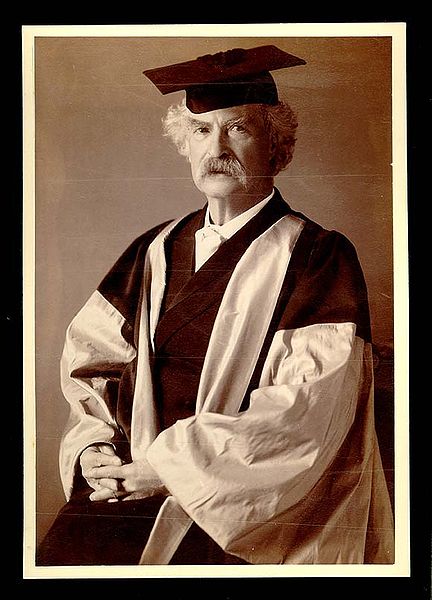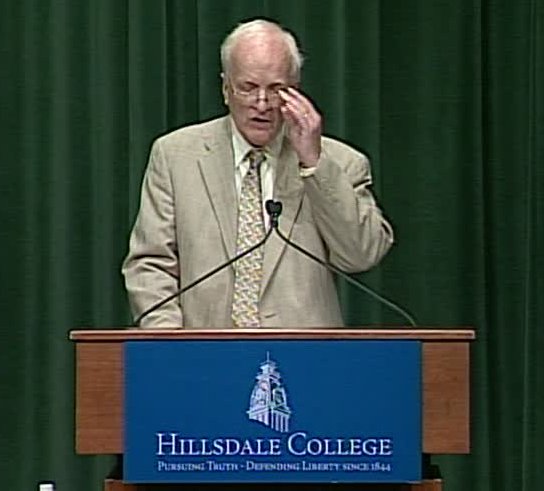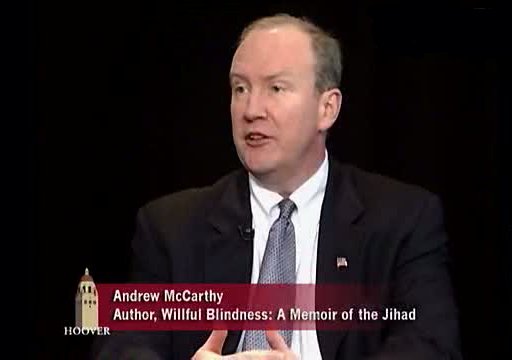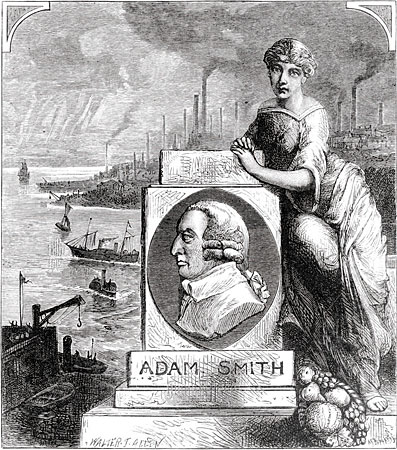Presented with the kind permission of Ken Burns.
From the PBS website:
Why I Decided to Make Empire of the Air: The Men Who Made Radio
By Ken Burns
I decided to make Empire of the Air, which aired in 1991, after listening to my friend Tom Lewis talk passionately about the topic.
We were intrigued by the notion that, in an era absolutely saturated by the mass medium of television, we have so quickly and completely forgotten how a different mass medium – radio – had dominated American consciousness and culture for nearly half a century.
This is the complicated backstage drama of the early days of radio – an era more often than not smothered in sentimentality and nostalgia.
Pursuing the story of radio illuminated for me larger American themes about the vitality of our inventiveness and our unapologetic commercialism.
It also introduced me to three extraordinary men whose genius, friendship, and rivalry ultimately interacted in tragic ways.
============
For 50 years radio dominated the airwaves and the American consciousness as the first “mass medium.” In Empire of the Air: The Men Who Made Radio, Ken Burns examines the lives of three extraordinary men who shared the primary responsibility for this invention and its early success, and whose genius, friendship, rivalry and enmity interacted in tragic ways.
This is the story of Lee de Forest, a clergyman’s flamboyant son, who invented the audion tube; Edwin Howard Armstrong, a brilliant, withdrawn inventor who pioneered FM technology; and David Sarnoff, a hard-driving Russian immigrant who created the most powerful communications company on earth.
Against the backdrop of radio’s “Golden Age,” Empire of the Air relates the history of radio through archival photographs, newsreels of the period and interviews with such well-known radio personalities as Garrison Keillor, the late sports commentator Red Barber, radio dramatist Norman Corwin and the late broadcast historian Erik Barnouw.
DIRECTOR
Ken BurnsPRODUCERS
Ken Burns, Morgan Wesson and Tom LewisWRITER
Geoffrey C. WardEDITOR
Paul BarnesNARRATOR
Jason RobardsEmpire of the Air: The Men Who Made Radio is a production of Florentine Films and WETA Washington, D.C. KEN BURNS AMERICAN STORIES is a production of Florentine Films in association with WETA Washington, D.C.
KEN BURNS AMERICAN STORIES SERIES UNDERWRITERS
General Motors Corporation, the Corporation for Public Broadcasting and PBSPBS EMPIRE OF THE AIR ORIGINAL PRODUCTION UNDERWRITERS
General Motors, the National Endowment for the Humanities and the Corporation for Public BroadcastingORIGINAL BROADCAST DATE
January 29, 1992














